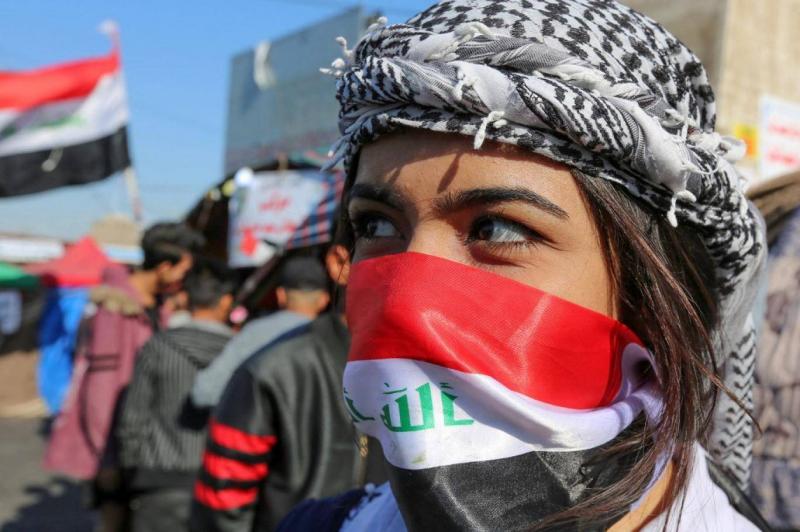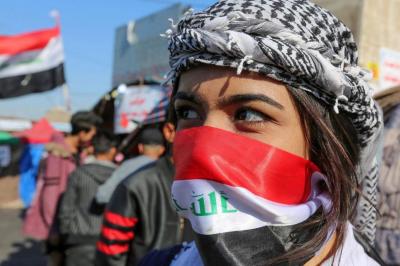Since the major change in Iraq in 2003, led by coalition forces and the Americans, and the establishment of the American political project in Iraq under Paul Bremer, who founded the Iraqi Governing Council on July 13, 2003, by a decision issued by the Coalition Provisional Authority, the Iraqi people have been divided into religions, sects, and ethnicities. The "Iraqi National Project" was neglected not due to a lack of representation but because the political process built by Bremer was based on the corrupt concept of ethnic-sectarian "quota system," which weakened Iraq and divided the Iraqi people by assigning specific shares to each group. The transitional governing council was made up of 25 members, 13 of whom were Shiite, 5 Sunni, 5 Kurdish, 1 Turkmen, and 1 Christian. It was established on July 12, 2003, with partial powers to manage Iraq's affairs, while the Coalition Provisional Authority held full powers.
The limited authority of the Governing Council lasted until June 1, 2004, when it was dissolved and replaced by the interim Iraqi government. Undoubtedly, the actual power rested with the American occupation forces and their representative in Iraq, Paul Bremer. The share assigned to each group in government ministries was determined based on their "representation in the Governing Council" established by Bremer in a "colonial dictatorial" manner, which was foreign even to the "American mind." The roots of this idea trace back to the early 1990s by Iraqi opposition figures in exile, who proposed dividing political positions based on an estimated census of Shiites, Kurds, and Sunnis to ensure their representation in the government after the occupation.
After the US invasion of Iraq in 2003, the resulting government consisted of 21 ministries—12 for Shiites, 6 for Sunnis, 2 for Kurds, and one for another minority party. This ethnic-sectarian division has continued to influence Iraqi politicians to this day, leading to the partitioning of presidential positions among sectarian parties on the pretext of representing the components: the presidency for Kurdish parties, the prime minister (the strongest position in Iraq) for Shiite parties, and the presidency of the parliament for Sunni parties. This quota system extends to various other positions within state institutions, becoming the sole measure, disregarding administrative criteria, experience, and integrity, ultimately leading to the establishment of a quota-based political system where ministries and their administrative structures became the property of the party that leads them, focused on party interests rather than serving the public good.
Those who claim to resist the American occupation continue to implement its plans for dividing and diminishing Iraq and its people, fulfilling the American agenda executed by Bremer without considering the core objectives in Iraq. This has been the primary reason for the sectarian project's failure, which serves as an alternative to the absent national project up to this day.
The second reason for the sectarian project’s failure lies in the nature of its proponents. They imposed sectarian dominance blindly and coercively, which is an outdated and failed approach in light of civilization changes and globalization. Their focus was not on building a state that represents the sect fairly without discrimination and corruption but rather on establishing militias and ideological armies to protect their sect from fictitious enemies. They even declared their readiness to confront the official state if it attempted to challenge sectarian rituals. The ideological parties prioritize their interests over the people's needs and aspirations.
Consequently, the ideological parties are more concerned about attracting people to their ideologies than addressing their problems. They believe that the interests of the party are synonymous with the interests of the sect, leading to a fusion of personal and party interests. This has resulted in the creation of fictitious financial empires (housing complexes, private universities, entertainment venues) backed by powerful militias and leaders who operate above the law. They use state resources to protect these empires, all while ignoring the ethical teachings of their own ideologies.
The so-called resistors of the American occupation ended up being the first to implement and adhere to the American agenda, enriching themselves at the expense of the very beliefs they claim to uphold. They have turned Iraq into a state characterized by open corruption and failure. Thus, this group has become an enemy to both religion and humanity, having divided Iraq and torn its people apart. Allah says about such individuals, “And when he goes away, he strives throughout the land to cause corruption therein and destroy crops and animals. And Allah does not like corruption.” (Al-Baqarah 205).




